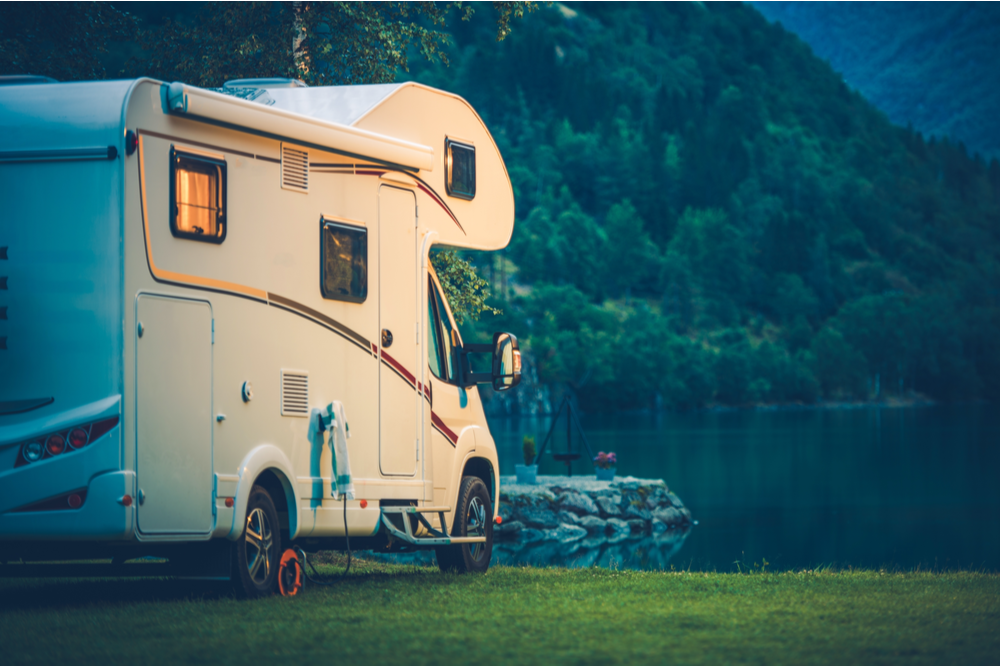
Common Mistakes When Buying an RV or Trailer
An RV (recreational vehicle) or trailer is a great option if you’re looking for a new way to vacation, but it’s essential to do your homework before purchasing one. There are a lot of different options out there, so make sure you know exactly what features you want. Buying and maintaining an RV might also cost more than you expect, so be sure to set a realistic budget for yourself.
To make your first RV purchase a smooth process, here are some common mistakes to avoid:
1. Going too small
Not considering how big an RV or trailer should be before buying one is a common mistake first time buyers make. It’s easy to get carried away with all the cool features available, but if you don’t have enough space in your RV you’ll still run into problems. Figure out how many people will be in the RV and how much storage space you need before making a purchase.
2. Going over budget
Another common mistake people make when buying an RV or trailer is going over budget on features they don’t need or will never use. If there are accessories available, ask yourself whether you’ll use them. Features that might seem cool at first could turn out to be an unnecessary cost for you.
3. Not considering maintenance costs
Make sure you know what repairs and maintenance your RV will need before making the purchase. According to AAA, “RV owners can expect to spend more than $2,500 a year for basic maintenance and repairs.” If you don’t think you have the time or funds to keep up with maintenance, perhaps an RV isn’t the right choice for you. You’ll also want to figure out what warranty is available on your RV to ensure that any issues with the vehicle will be covered.
4. Not considering interest rates or taxes
Before you go out and buy your new RV, be sure to check out interest rates, which can vary significantly between banks. Also, don’t forget that sales tax will apply to your purchase. These costs can quickly add up, so make sure you’re aware of them before you sign on the dotted line.
5. Forgetting tow weight
Before you purchase an RV or trailer, make sure it’s compatible with your vehicle by checking the towing capacity label. For example, if you have a truck that is only capable of pulling 2,000 pounds, buying a 5,000-pound camper simply won’t work. Doing research in advance will make sure you don’t waste time looking at RVs that aren’t compatible with your vehicle. Also remember to check costs associated with towing an RV, such as insurance premiums and higher gas costs.
In conclusion, Buying an RV or trailer is a big decision that shouldn’t be made without thinking about your budget, space requirements, and how much work it will take to maintain the vehicle. Not considering these factors can lead to you spending more money than you expected or getting rid of the RV or trailer after owning it for only a short amount of time.



